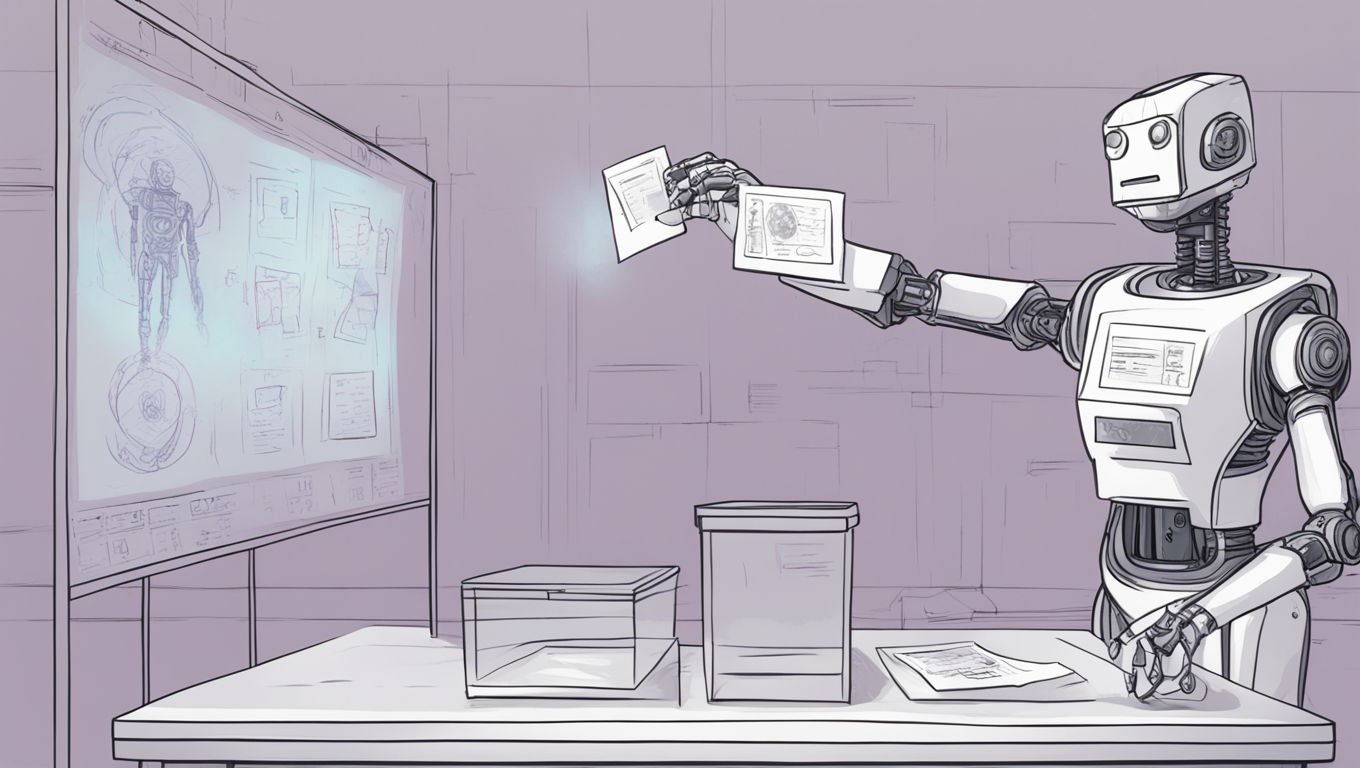In the age of AI, the threat of misinformation and election manipulation looms large over democracies worldwide. Artificial intelligence tools, such as facial recognition and bots, are being used to surveil citizens and harass journalists, human rights defenders, and political dissidents. Additionally, the spread of mis- and disinformation poses a significant challenge to free and fair elections.
Experts have long warned about the potential for AI-generated content to muddy the waters of perceived reality. As the upcoming US Congressional and presidential elections approach, politicians are increasingly dismissing potentially damaging evidence as AI-generated fakes. At the same time, AI deepfakes are being used to spread misinformation, further complicating the information landscape.
Mark Coeckelbergh, Professor of Philosophy at the University of Vienna, emphasizes the role of AI and social media in manipulating elections and spreading misinformation. He argues that these issues need to be addressed urgently by policymakers, as democracy is not solely about elections. Coeckelbergh highlights the foundational principles of democracy, including justice and freedom, which are threatened by bias and surveillance enabled by AI. Furthermore, he points out that AI can contribute to polarization and create a climate where people are not interested in different opinions, ultimately undermining the deliberative and communicative ideals of democracy.
The spread of disinformation and the deliberate manipulation of public opinion through AI-generated content are serious threats to democratic rights and values. Right-wing media channels and online portals are adept at spreading disinformation and reinforcing prejudice against minorities and excluded groups. Politicians also contribute to the epidemic of deliberate spread of half-truths and misleading information. During the COVID-19 pandemic, authoritarian regimes and populists attempted to suppress the truth and promote their own responses, further highlighting the need to address this issue.
The United Nations Secretary-General, Antonio Guterres, has called for a code of conduct on the integrity of public information, recognizing the urgent need to combat the weaponization of technology by repressive state apparatuses. The progress on this code of conduct remains unclear.
Although AI has the potential to drive development and improve people’s lives, it must be harnessed responsibly and in a way that upholds democratic values. AI can aid in achieving the Sustainable Development Goals, from improving agricultural productivity and combating hunger to accelerating the clean energy transition. However, the world is currently falling far behind in achieving these goals, and AI could be the key to accelerating progress.
To address the challenges posed by AI, the UN General Assembly has adopted a U.S.-led resolution on establishing a global consensus approach to AI governance. The resolution calls for promoting safe, secure, and trustworthy AI systems, closing digital divides, ensuring equitable access to the benefits of AI, protecting human rights, and developing regulatory frameworks. It also emphasizes raising public awareness of responsible AI use, safeguarding privacy and personal data, and mitigating the potential negative consequences for workforces.
Protecting democracy in the age of AI requires cooperation and concerted efforts at the national and global levels. Binding agreements and regulatory frameworks are necessary to safeguard and develop democracy. Policy makers must address the threats posed by AI-enabled manipulation and misinformation to preserve democratic principles and prevent the erosion of democracy. The world stands at a critical juncture, and decisive action is needed to prevent the desert of totalitarianism from emerging.





Use the share button below if you liked it.